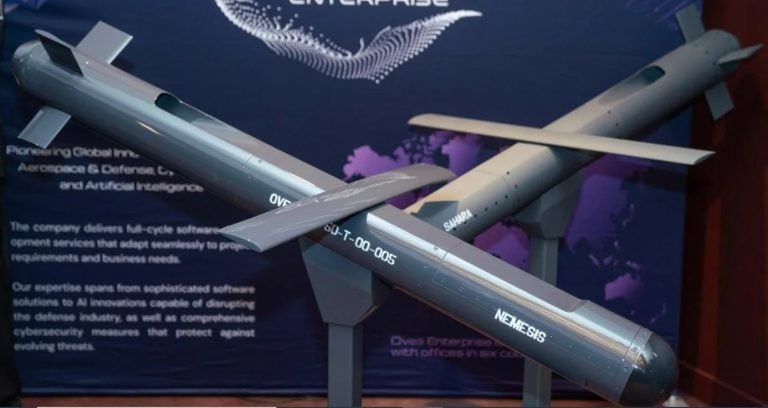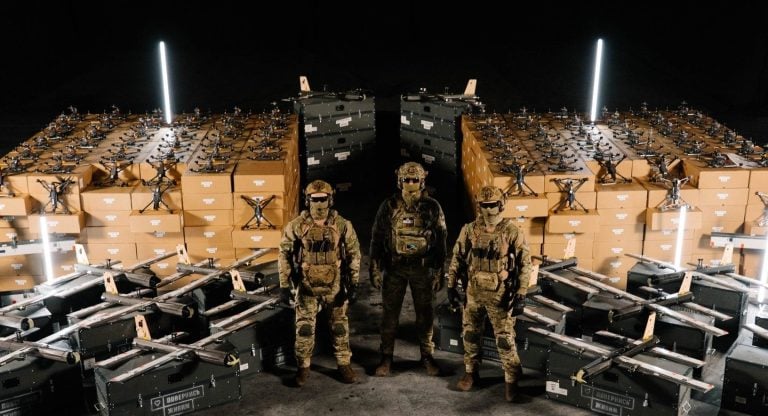Syria has expressed its readiness to collaborate with the United States to reinstate the 1974 disengagement agreement with Israel, a key arrangement that established a UN-patrolled buffer zone separating the forces of the two nations. This announcement followed a recent phone conversation between Syrian Foreign Minister Asaad al-Shaibani and his U.S. counterpart, Senator Marco Rubio. In the statement, Shaibani emphasized Damascus’s desire to revitalize cooperation with Washington in order to restore the terms of the agreement.
The U.S. has been actively promoting diplomatic initiatives aimed at normalizing relations between Syria and Israel. Recently, Special Envoy Thomas Barrack indicated the urgency for peace between the two countries, noting that they were involved in significant talks facilitated by the United States to resolve their long-standing conflict.
Since the ousting of former Syrian leader Bashar al-Assad in December, Israel has launched numerous airstrikes on Syrian military targets and stationed troops within the Golan Heights buffer zone. These actions were deemed violations of the 1974 agreement as outlined by the United Nations. Syria’s new authorities have opted for a measured response, reportedly engaging in indirect discussions with Israel to de-escalate tensions.
Despite the ongoing conflict and lack of official diplomatic relations—Syria does not recognize Israel, and both nations have been technically at war since 1948—there seems to be a willingness from both sides to pursue dialogue. Israeli Foreign Minister Gideon Saar remarked on the importance of normalizing ties with both Syria and Lebanon, though he firmly stated that the Golan Heights would remain part of Israel in any future peace negotiations.
Furthermore, Syrian state media recently conveyed that discussions about concluding a peace agreement with Israel were considered “premature.” During the call with Rubio, Shaibani also received an official invitation to visit Washington shortly. The two leaders discussed the upcoming participation of Syria’s Interim President Ahmed al-Sharaa in the United Nations General Assembly, though this participation has yet to be confirmed by the UN.
The talks also veered towards the concerns regarding Iranian influence in Syria. Shaibani articulated fears over Iran’s potential interference in Syrian affairs, particularly after recent military confrontations involving Tehran. Historically, Iran has been a crucial ally of Syria, providing significant military and political support during the civil unrest that began in 2011. The ongoing geopolitical dynamics in the region continue to evolve, suggesting that the path to peace remains complex and fraught with challenges for both Syria and Israel.







